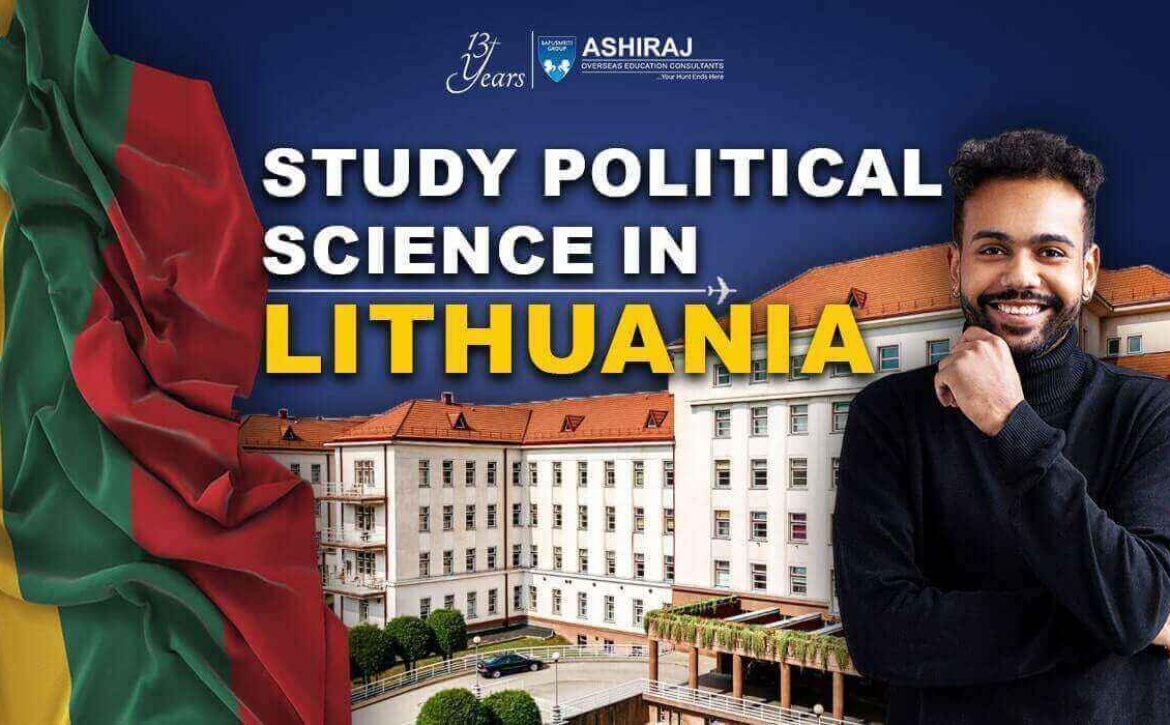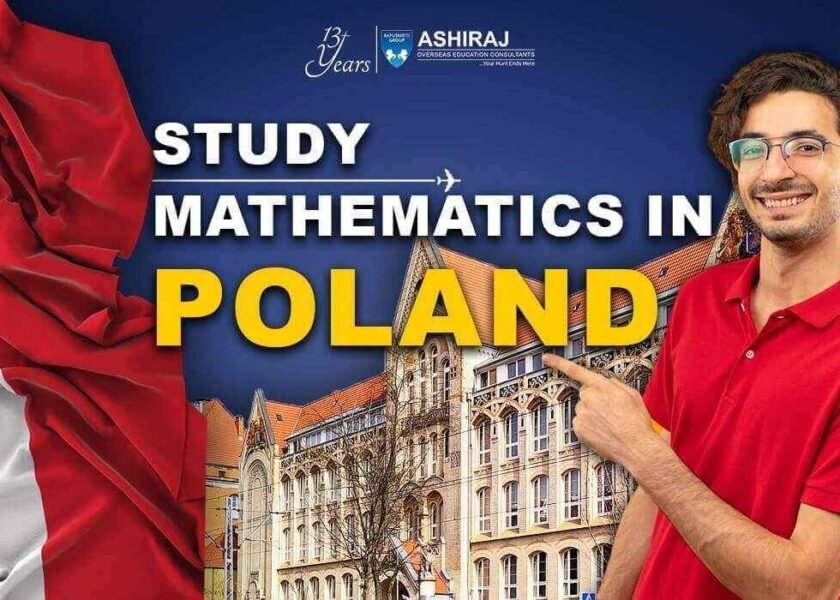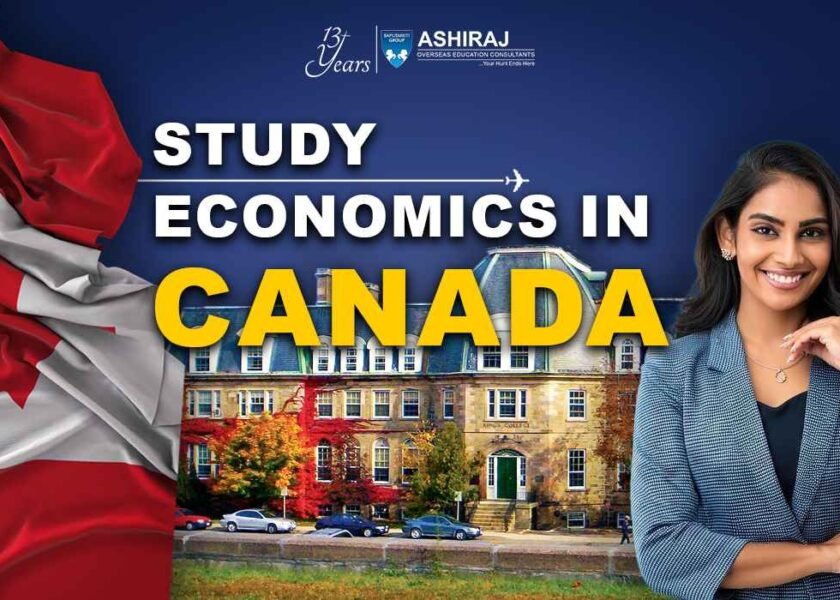
Political Science in Lithuania
Political Science in Lithuania encompasses a multifaceted exploration of the country’s political landscape, its institutions, ideologies, and policies. Situated at the crossroads of Eastern and Western Europe, Lithuania’s political evolution reflects a dynamic interplay of historical legacies, regional dynamics, and global influences. With a rich tapestry of democratic governance since its independence in 1990, the discipline delves into the intricate workings of Lithuania’s parliamentary system, electoral processes, and party politics. Moreover, the study of Political Science in Lithuania extends beyond its domestic sphere to encompass its role in the European Union (EU) and NATO, offering insights into the country’s diplomacy, international relations, and strategic alliances.
As Lithuania navigates contemporary challenges such as regional security concerns, energy independence, and socio-economic development, Political Science serves as a vital tool for understanding and shaping public discourse and policy decisions. By examining issues through a multidisciplinary lens encompassing history, sociology, economics, and law, Political Science in Lithuania contributes to fostering informed citizenship, promoting democratic values, and fostering a deeper understanding of the country’s place within the broader European and global contexts.
Why to Study Political Science in Lithuania?
- Rich Democratic Heritage: Lithuania boasts a vibrant democratic tradition since gaining independence in 1990, offering students a firsthand experience of democratic governance in action.
- European Union Integration: As a member of the European Union (EU), Lithuania provides a unique perspective on EU politics and policies, making it an ideal location for studying the complexities of regional integration.
- Strategic Geopolitical Position: Situated at the crossroads of Eastern and Western Europe, Lithuania’s geopolitical significance offers valuable insights into global affairs, particularly in relation to security dynamics and diplomatic relations.
- Dynamic Political Landscape: The study of Political Science in Lithuania allows students to explore the country’s evolving political institutions, party dynamics, and policy-making processes, providing a comprehensive understanding of contemporary political issues.
- Multidisciplinary Approach: Political Science in Lithuania encompasses a multidisciplinary approach, drawing on insights from history, sociology, economics, and law, enriching students’ analytical skills and fostering a holistic understanding of political phenomena.
- Opportunities for Research and Internships: Lithuania’s vibrant academic community and numerous research institutes offer ample opportunities for students to engage in cutting-edge research and gain practical experience through internships in governmental and non-governmental organizations.
- Cultural Immersion: Studying Political Science in Lithuania provides an opportunity for cultural immersion, allowing students to explore the country’s rich history, traditions, and contemporary social dynamics, enhancing their global perspective and intercultural competence.
Top Universities to Study Political Science in Lithuania
University | QS World University Rankings 2023 | Type of University | Average Annual Fees (EUR) | Programs Offered |
Vilnius University | 701-750 | Public | 1,500 – 3,000 | Bachelor’s, Master’s, PhD |
Vytautas Magnus University | 801-1000 | Public | 1,200 – 2,500 | Bachelor’s, Master’s, PhD |
Kaunas University of Technology | 1001+ | Public | 1,000 – 2,000 | Bachelor’s, Master’s, PhD |
Mykolas Romeris University | 1001+ | Public | 1,200 – 2,500 | Bachelor’s, Master’s, PhD |
ISM University of Management and Economics | 1001+ | Private | 3,000 – 6,000 | Bachelor’s, Master’s |
Studying Political Science in Lithuania offers an array of options at renowned institutions. Vilnius University, consistently ranked among the top universities globally, provides comprehensive programs at a moderate cost, making it an attractive choice. Vytautas Magnus University, known for its research excellence, offers diverse programs at competitive fees. Kaunas University of Technology and Mykolas Romeris University, though ranked lower, still provide quality education in Political Science at affordable rates. For those seeking a private institution, ISM University of Management and Economics offers programs tailored to meet industry demands, albeit at a higher cost. Regardless of the university chosen, Political Science in Lithuania guarantees a robust academic experience amidst a rich cultural and historical backdrop.
Course Curriculum for Political Science in Lithuania
- Foundational Courses: Political Science programs in Lithuania typically start with foundational courses covering political theory, comparative politics, and international relations, providing students with a solid theoretical framework.
- Specialized Tracks: Students can choose from various specialized tracks such as public policy, political economy, or European Union studies, allowing them to tailor their education to their interests and career goals.
- Research Methodology: Emphasis is placed on research methodology, equipping students with essential analytical and research skills necessary for conducting independent research and critical analysis of political phenomena.
- Practical Experience: Many programs incorporate practical components such as internships, fieldwork, or simulations of political processes, providing students with hands-on experience and real-world insights into political practices.
- Elective Courses: Students have the opportunity to select elective courses according to their interests, which may include topics such as political sociology, human rights, or environmental politics, broadening their knowledge base and expertise.
- Capstone Projects: The culmination of many programs includes capstone projects or theses, where students engage in in-depth research on a specific topic of their choice under the guidance of faculty members, showcasing their academic proficiency and analytical skills.
Political Science in Lithuania offers a comprehensive curriculum that blends theoretical knowledge with practical experience, preparing students for diverse career paths in government, academia, international organizations, and the private sector.
Eligibility Criteria & Admission Requirements for MS in Political Science in Lithuania
- Language Proficiency: Applicants must demonstrate proficiency in English by providing either IELTS or TOEFL scores. A minimum score of 6.5 in IELTS or 80 in TOEFL is typically required.
- Standardized Tests: Some universities may require applicants to submit GRE or GMAT scores. A competitive score in GRE Verbal Reasoning (minimum 150) or GMAT Verbal (minimum 25th percentile) is usually expected.
- Academic Certificates: Applicants should provide proof of their academic qualifications, including transcripts and certificates from previous educational institutions.
- Work Experience: While not always mandatory, relevant work experience in the field of politics, public administration, or related areas may strengthen an applicant’s candidacy.
- Passport & Student Visa: International students must possess a valid passport and obtain a student visa to study in Lithuania. The visa application process typically requires proof of acceptance from a recognized university and sufficient financial means to support oneself during the study period.
Table: Standardized Test Scores
Test | Minimum Score |
IELTS | 6.5 |
TOEFL | 80 |
GRE | Verbal: 150 |
GMAT | Verbal: 25th percentile |
Political Science in Lithuania welcomes applicants from diverse academic and professional backgrounds, providing a pathway for aspiring scholars and practitioners to engage in rigorous academic inquiry and contribute to the field of political science.
Documents Required for Studying Political Science in Lithuania
- Passport: A valid passport is essential for international students applying to study Political Science in Lithuania.
- Letters of Recommendation (LOR): Typically, two letters of recommendation from academic or professional referees are required to assess the applicant’s qualifications and potential for success in the program.
- Statement of Purpose (SOP): An SOP outlining the applicant’s academic background, research interests, career goals, and reasons for choosing Political Science in Lithuania is necessary for the admission process.
- Curriculum Vitae (CV): A comprehensive CV detailing the applicant’s educational qualifications, work experience, academic achievements, research projects, and any relevant extracurricular activities should be submitted.
- Official Transcripts and Educational Certificates: Official transcripts and educational certificates from all previous academic institutions attended, including high school and undergraduate degrees, are required for admission consideration.
- Work Experience Certificate: If applicable, a work experience certificate demonstrating relevant professional experience in politics, public administration, or related fields may be requested.
- Proof of Financial Resources: International students must provide evidence of sufficient financial resources to cover tuition fees, living expenses, and other associated costs for the duration of their studies in Lithuania.
Political Science in Lithuania values a comprehensive application package that reflects the applicant’s academic achievements, professional experiences, and commitment to the field, ensuring a competitive selection process for prospective students.
Admission Process for Political Science in Lithuania
- Research Programs: Explore the Political Science programs offered by universities in Lithuania, considering factors such as curriculum, faculty expertise, and research opportunities.
- Check Eligibility: Review the admission requirements, including academic qualifications, standardized test scores (such as IELTS or TOEFL, GRE or GMAT), and any additional prerequisites.
- Gather Documents: Prepare the necessary documents, including passport, transcripts, educational certificates, letters of recommendation (LOR), statement of purpose (SOP), curriculum vitae (CV), work experience certificates (if applicable), and proof of financial resources.
- Submit Application: Complete the online application form provided by the university, ensuring all required documents are uploaded accurately and within the specified deadlines.
- Pay Application Fee: Pay the application fee, if applicable, as per the university’s instructions.
- Wait for Evaluation: Await the evaluation of your application by the admissions committee, which may involve reviewing academic credentials, test scores, and supporting documents.
- Interview (if required): Some universities may conduct interviews as part of the admission process to assess the applicant’s suitability for the program.
- Receive Admission Decision: Upon completion of the evaluation process, you will receive an admission decision from the university, either through email or the online application portal.
- Accept Offer and Obtain Visa: If accepted, follow the instructions provided by the university to accept the offer and initiate the process of obtaining a student visa to study Political Science in Lithuania.
- Prepare for Arrival: Once the visa is obtained, make necessary arrangements for accommodation, travel, and other logistics to ensure a smooth transition to studying in Lithuania.
Political Science in Lithuania offers a structured and transparent admission process, guiding prospective students through each step towards pursuing their academic aspirations in the field of political science.
“Education is the most powerful weapon which you can use to change the world.”
Nelson Mandela
Cost of Political Science Course in Lithuania
- Tuition Fees: The cost of tuition for Political Science programs in Lithuania varies depending on the university and level of study. On average, tuition fees for international students range from 1,000 to 3,000 EUR per year for bachelor’s and master’s degrees.
- Living Expenses: Living expenses in Lithuania are relatively affordable compared to other European countries. Monthly costs for accommodation, food, transportation, and other necessities typically range from 400 to 700 EUR, depending on the city and lifestyle.
- Scholarship Opportunities: Many universities in Lithuania offer scholarships and financial aid to international students based on academic merit, financial need, or specific criteria. These scholarships can help offset tuition fees and living expenses.
- Part-time Work: International students are permitted to work part-time while studying in Lithuania, providing an opportunity to earn additional income to cover living expenses. However, it’s essential to balance work commitments with academic responsibilities.
- Health Insurance: Health insurance is mandatory for all international students studying in Lithuania. The cost of health insurance varies depending on the coverage and provider but is generally affordable.
Overall, studying Political Science in Lithuania offers excellent value for money, with reasonable tuition fees, affordable living costs, and opportunities for scholarships and part-time work to support students financially.
Scholarships for Political Science Courses in Lithuania
Scholarship Name | Amount | Application Deadline | Eligibility Criteria |
Lithuanian Government Scholarship | Varies | February 1st | Open to international students applying for full-time master’s or doctoral programs in Lithuania. Requires academic excellence and proficiency in English. |
Vilnius University Scholarships | Varies | April 15th | Available for international students pursuing bachelor’s, master’s, or doctoral degrees at Vilnius University. Criteria include academic merit, research potential, and financial need. |
Vytautas Magnus University Scholarships | Varies | June 1st | Open to international students enrolling in full-time bachelor’s or master’s programs at Vytautas Magnus University. Requires outstanding academic achievements and English proficiency. |
Erasmus+ Scholarships | Varies | Varies | Offers funding for study, research, or traineeship opportunities in European countries, including Lithuania, for students enrolled in an Erasmus+ participating institution. Application deadlines vary depending on the specific program. |
Joint Japan/World Bank Graduate Scholarship Program | Full tuition, monthly stipend, travel expenses | Usually in April | Open to citizens of World Bank member countries applying for master’s programs related to development at participating universities, including those in Lithuania. Requires commitment to working in a World Bank member country upon graduation. |
Political Science in Lithuania provides numerous scholarship opportunities for international students, covering tuition fees, living expenses, and travel costs. These scholarships recognize academic excellence, research potential, and financial need, enabling students to pursue their studies in Political Science at top universities in Lithuania.
Career Opportunities After Political Science in Lithuania
Job Profile | Average Salary (EUR/year) | Description |
Political Analyst | 20,000 – 30,000 | Political analysts analyze political trends, policies, and events, providing insights and recommendations to policymakers, organizations, and media outlets. They conduct research, monitor political developments, and assess their impact on society and governance. |
Policy Advisor | 25,000 – 35,000 | Policy advisors work with government agencies, non-profit organizations, or private companies to develop, evaluate, and implement policies on various issues such as healthcare, education, or environment. They research policy alternatives, analyze data, and provide recommendations to inform decision-making processes. |
Diplomat | 30,000 – 40,000 | Diplomats represent their country’s interests abroad, engaging in diplomacy, negotiations, and international relations. They work in embassies or consulates, promoting bilateral relations, addressing diplomatic issues, and advocating for national interests in international forums. |
Public Relations Specialist | 25,000 – 35,000 | Public relations specialists manage communication between organizations and the public, including media relations, crisis management, and reputation building. They create press releases, organize events, and develop strategies to enhance public perception and support for their clients or employers. |
Government Official | 20,000 – 40,000 | Government officials work in various roles within government agencies or departments, such as civil service, administration, or policymaking. They are responsible for implementing government policies, managing public services, and ensuring effective governance at local, regional, or national levels. |
Political Science in Lithuania opens up diverse career opportunities in government, diplomacy, public affairs, and research, with competitive salaries and opportunities for professional growth and impact.
Frequently Asked Questions About Political Science in Lithuania
Some prominent universities in Lithuania offering Political Science programs include Vilnius University, Vytautas Magnus University, Mykolas Romeris University, and Kaunas University of Technology.
Admission requirements typically include academic transcripts, standardized test scores (such as IELTS or TOEFL), letters of recommendation, a statement of purpose, and proof of financial resources.
Yes, there are scholarships available for international students, such as the Lithuanian Government Scholarship, Vilnius University Scholarships, and Erasmus+ Scholarships.
The cost varies depending on the university and program, but on average, tuition fees range from 1,000 to 3,000 EUR per year for international students.
Graduates can pursue careers as political analysts, policy advisors, diplomats, public relations specialists, or government officials, among others.
Yes, international students are permitted to work part-time while studying in Lithuania to support themselves financially.
While some programs may be taught in English, knowing Lithuanian can be beneficial for living and working in the country.
The duration varies depending on the level of study, but typically, bachelor’s programs last for 3-4 years, master’s programs for 1-2 years, and doctoral programs for 3-4 years.
Many programs offer opportunities for internships, fieldwork, or practical experiences to provide students with hands-on learning and real-world skills.
Prospective students can apply directly to the universities of their choice by submitting an online application and fulfilling the required documentation and deadlines.




